Finding Harmony Amidst the Storm of Religious OCD
Living with Obsessive-Compulsive Disorder (OCD) is already difficult. But when your intrusive thoughts target your beliefs, morals, or relationship with your faith, it can feel even more overwhelming.
This form of OCD, often called Religious OCD or scrupulosity, causes distressing thoughts about morality, sin, or religious practice. It’s more common than people realize—and it’s deeply misunderstood.
If you feel stuck between honoring your faith and battling relentless guilt or fear, you’re not alone. And with the right support, there is a way forward.
What Is Religious OCD?
Religious OCD is a subtype of OCD where obsessions focus on moral or spiritual “rightness.” These obsessions might involve:
Fear of committing a sin without realizing it
Worrying you’ve offended your higher power
Intrusive blasphemous thoughts or images
Obsessing over “pure” thoughts or intentions
Doubting whether you’ve prayed or repented correctly
To cope with this distress, you might feel the urge to:
Repeat prayers until they feel “just right”
Confess minor actions repeatedly
Seek constant reassurance from spiritual leaders or loved ones
Avoid certain places, thoughts, or people
Rely on rituals to feel morally safe
Although these compulsions can provide brief relief, they often strengthen the cycle of fear and doubt over time.
When Faith and Mental Health Feel at Odds
If you grew up in a religious environment, the pressure to be “good enough” or “pure enough” may have started early. When OCD enters that space, it can make you feel like you’re failing spiritually—even if you’re doing everything you can to stay connected to your faith.
Many people with scrupulosity avoid asking for help because they fear being judged or misunderstood, especially in faith-based communities. Others may be told to “just pray more” or “have stronger faith,” which can unintentionally increase shame and anxiety.
It’s important to understand that OCD is not a spiritual weakness or a moral failure. It’s a brain-based disorder—and it’s treatable.
What Helps: Treatment That Respects Both Brain and Belief
The most effective approach to treating Religious OCD is Exposure and Response Prevention (ERP). This form of therapy helps retrain your brain to tolerate uncomfortable thoughts without engaging in compulsive behaviors.
For example, ERP might involve facing the fear of having a “bad” thought and learning to resist the urge to pray repeatedly or seek reassurance. With time and support, the fear loses its power, and the mind becomes more flexible.
Other approaches that support healing include:
ACT (Acceptance and Commitment Therapy) – helps you notice and accept uncomfortable thoughts without letting them control your actions
EMDR Therapy – can be helpful if trauma is linked to your experience of religion or fear
Mindfulness techniques – build present-moment awareness and reduce compulsive responses
Faith-informed therapy – integrates your spiritual values with evidence-based treatment
You Don’t Have to Choose Between Your Faith and Your Healing
Working with a therapist who understands both OCD and the role of religion can make all the difference. Therapy doesn’t require you to walk away from your faith—it helps you build a healthier, more peaceful relationship with it.
At BrainBody Wellness Counseling, Amanda Nomicos, a licensed therapist and OCD specialist, works with teens and adults struggling with OCD, anxiety, trauma, and scrupulosity. Her approach respects both your mind and your beliefs. She uses proven treatments like ERP, EMDR, ACT, and mindfulness-based interventions to help you move toward healing.
Getting Started: Steps Toward Healing
Here are a few ways you can begin to take back control:
1. Learn about OCD.
Understanding how OCD works can reduce shame and help you feel less alone. You’ll begin to see that intrusive thoughts are symptoms—not reflections of who you are.
2. Notice the patterns.
Start paying attention to what triggers your anxiety and what compulsions you tend to rely on. Awareness is a powerful first step.
3. Practice self-compassion.
You’re not weak for struggling. Living with OCD takes strength. Be kind to yourself—even on the hard days.
4. Reach out for help.
OCD doesn’t go away on its own, but it can get better with support. The sooner you reach out, the sooner you can begin to feel relief.
Final Thoughts
Religious OCD can feel like a storm you never saw coming—loud, constant, and filled with doubt. But peace is possible. It doesn’t mean silencing your faith. It means learning how to live fully without fear running the show.
Healing from OCD takes time, but you're not alone in it. You deserve support that honors both your mental health and your values.
Ready to take the first step?
Contact us at 480-744-3040 or complete our new client inquiry form to schedule a free consult with an OCD specialist. Help is here—and healing is possible.

